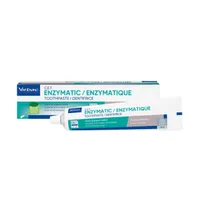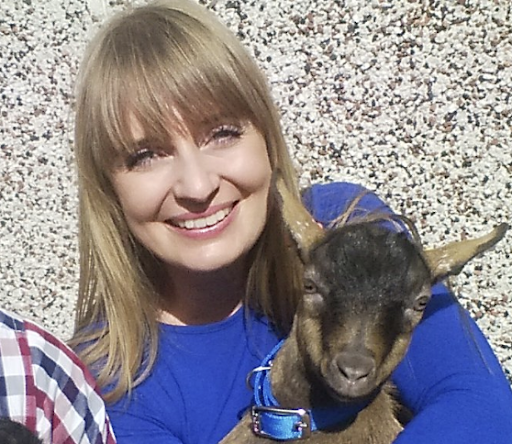Dog teeth rotting: Vet explains the symptoms, causes and how to help
Our expert explains everything you need to know about dog teeth rotting.
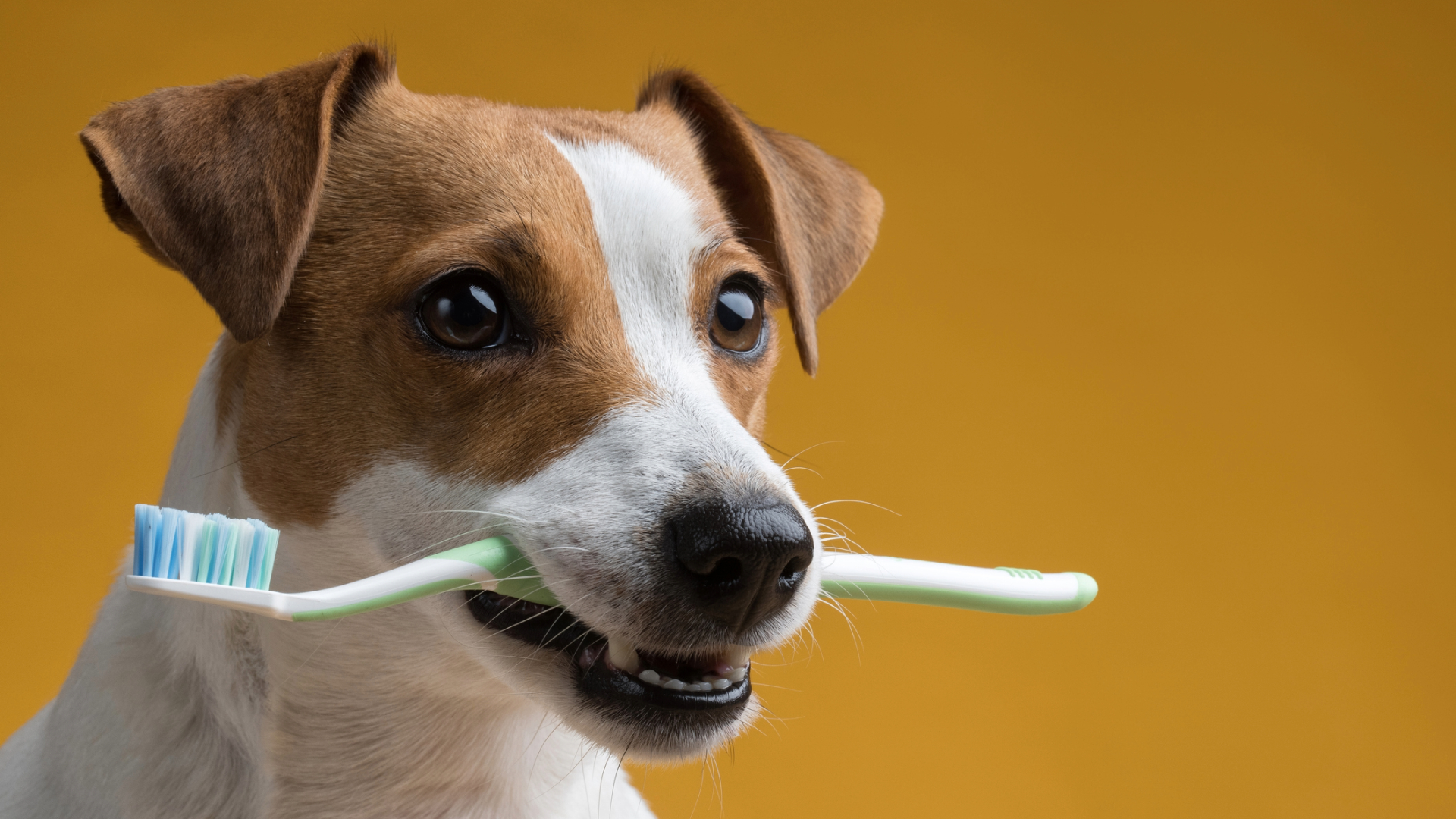
Dog teeth rotting is a serious and common issue among our canine companions, often progressing rapidly if not addressed. That's why it's important to brush their teeth regularly using the best dog toothpaste and best toothbrushes for dogs.
Just as humans can suffer from dental problems, dogs are also prone to issues like tartar build-up, infections, and tooth decay. Unfortunately, dental health in dogs is frequently overlooked, leading to painful and severe conditions that can affect their quality of life.
Below, vet Emma Chandley shares her expertise on the symptoms, causes, and treatment of dog tooth decay. With over 13 years of experience in general practice and a lifetime of dog ownership, Emma’s insights will help you understand how to care for your dog’s teeth, prevent dental disease, and keep their smile bright and healthy.
What do rotting dog teeth look like?
Detecting dog teeth rotting early is essential. Here are common symptoms to watch for:
Tartar build-up
Yellow or brown tartar buildup on teeth is a typical sign of early dental disease. Left untreated, it can lead to decay and dog gum disease.
Red, swollen gums
Bacteria trapped between the tooth and gum can cause gingivitis, where gums become red, inflamed, and prone to bleeding. Healthy dog gums should be firm and pink in color.
Bad breath
Persistent bad breath in dogs, also known as halitosis, is often a sign of underlying dental problems, including rotting teeth.
Get the best advice, tips and top tech for your beloved Pets
Holes or cavities
Cavities may appear as dark spots or visible holes, especially on the chewing surfaces of teeth.
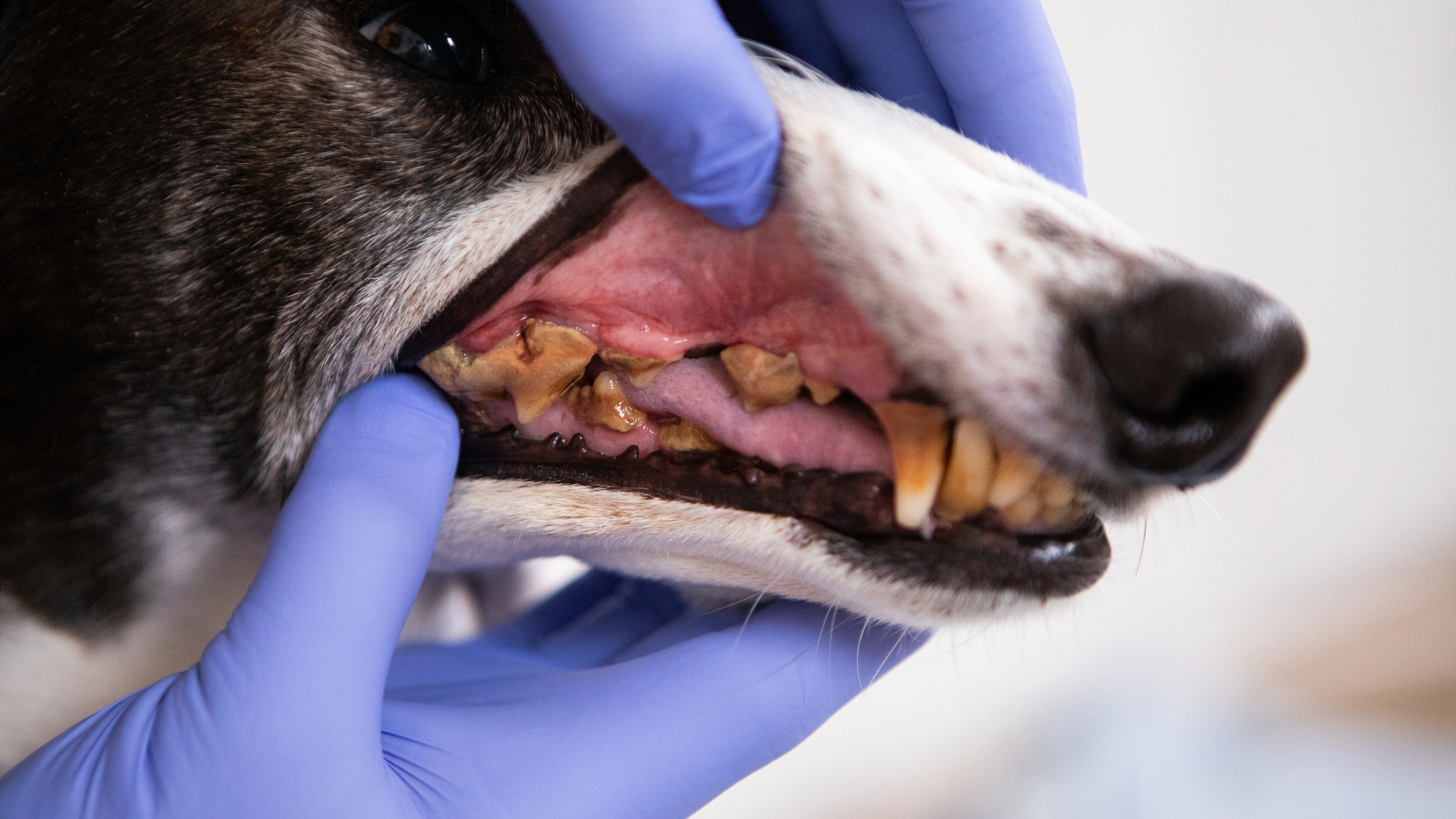
Missing teeth
In advanced stages, tooth decay can cause teeth to loosen and fall out.
Difficulty eating
Dogs with tooth decay may experience pain when eating, especially hard food, and may avoid meals or show discomfort.
Hypersalivation
Excessive dog drooling can be a response to pain or infection in the mouth.
Pus or discharge
An infected tooth may release pus or discharge from the gums, often near the decayed area.
Pain around the mouth
Your dog may pull away or whine when you touch areas near their mouth due to discomfort from dental decay.
What causes rotting dog teeth?
Several factors can contribute to rotting dog teeth. Here are the most common causes:
Poor dental hygiene
Infrequent brushing or lack of regular cleaning leads to plaque and tartar buildup, the root of most dental diseases.
Diet
A diet of soft or sugary foods can promote plaque formation and bacterial growth, accelerating tooth decay.
Dental disease
Conditions like periodontal disease, gingivitis, and tooth infections can result in rotting teeth if untreated.
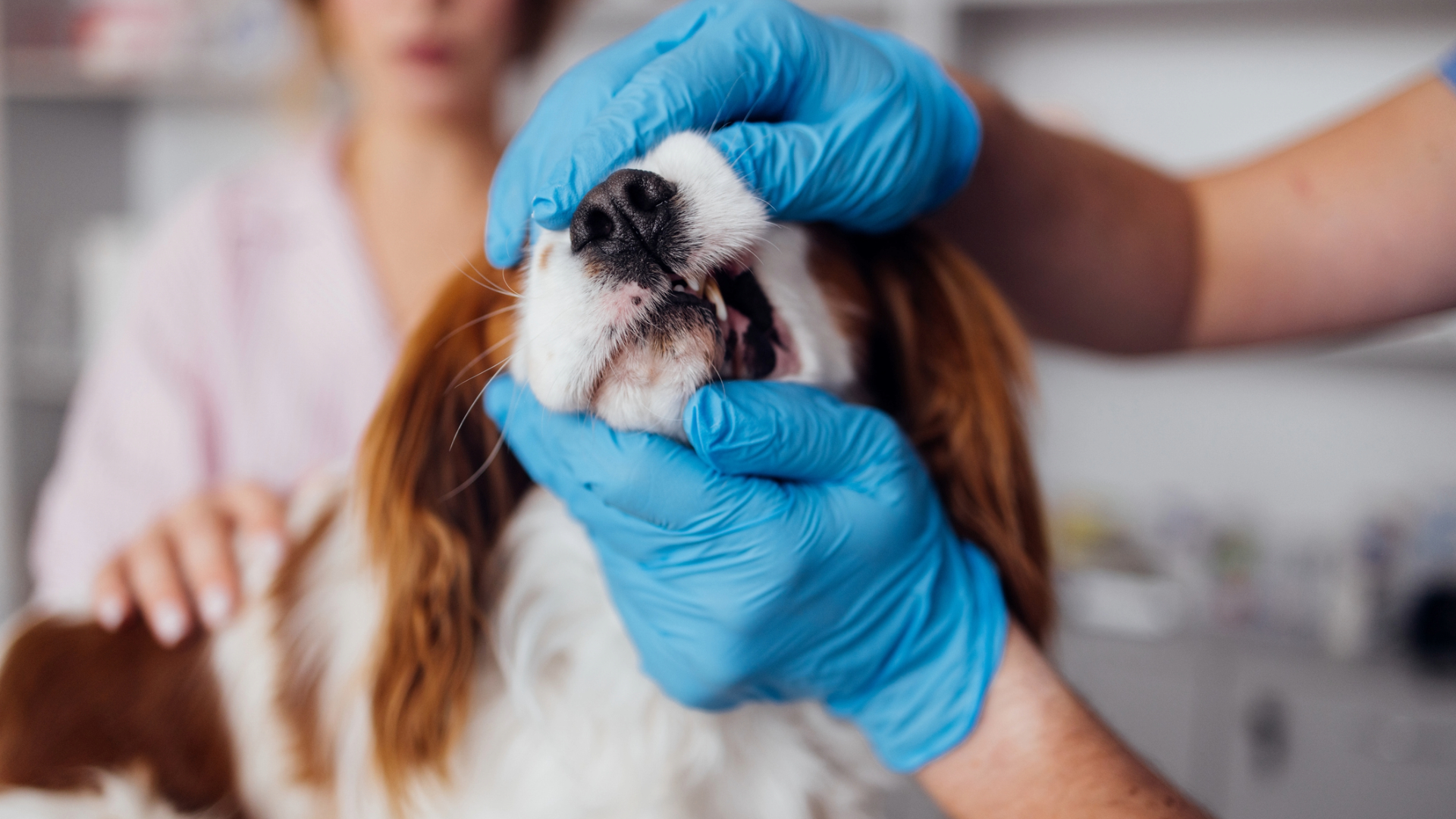
Genetics
Some breeds, particularly smaller ones with crowded teeth, are genetically predisposed to dental issues.
Health conditions
Health problems such as diabetes, kidney disease, and hormonal imbalances can negatively impact dental health.
Trauma
Tooth fractures from injury can lead to infections and decay.
Lack of vet care
Without regular vet checkups and professional cleanings, dental problems can progress unchecked.
Age
Older dogs experience more dental wear and tear, making them more susceptible to decay over time.
What do I do if my dog has rotten teeth?
If you suspect your dog has rotten teeth, consult your vet immediately. A vet can assess the extent of decay and recommend appropriate treatment. Early intervention is crucial to prevent further pain and complications.
While professional care is essential, there are steps you can take at home to help maintain your dog’s dental health:
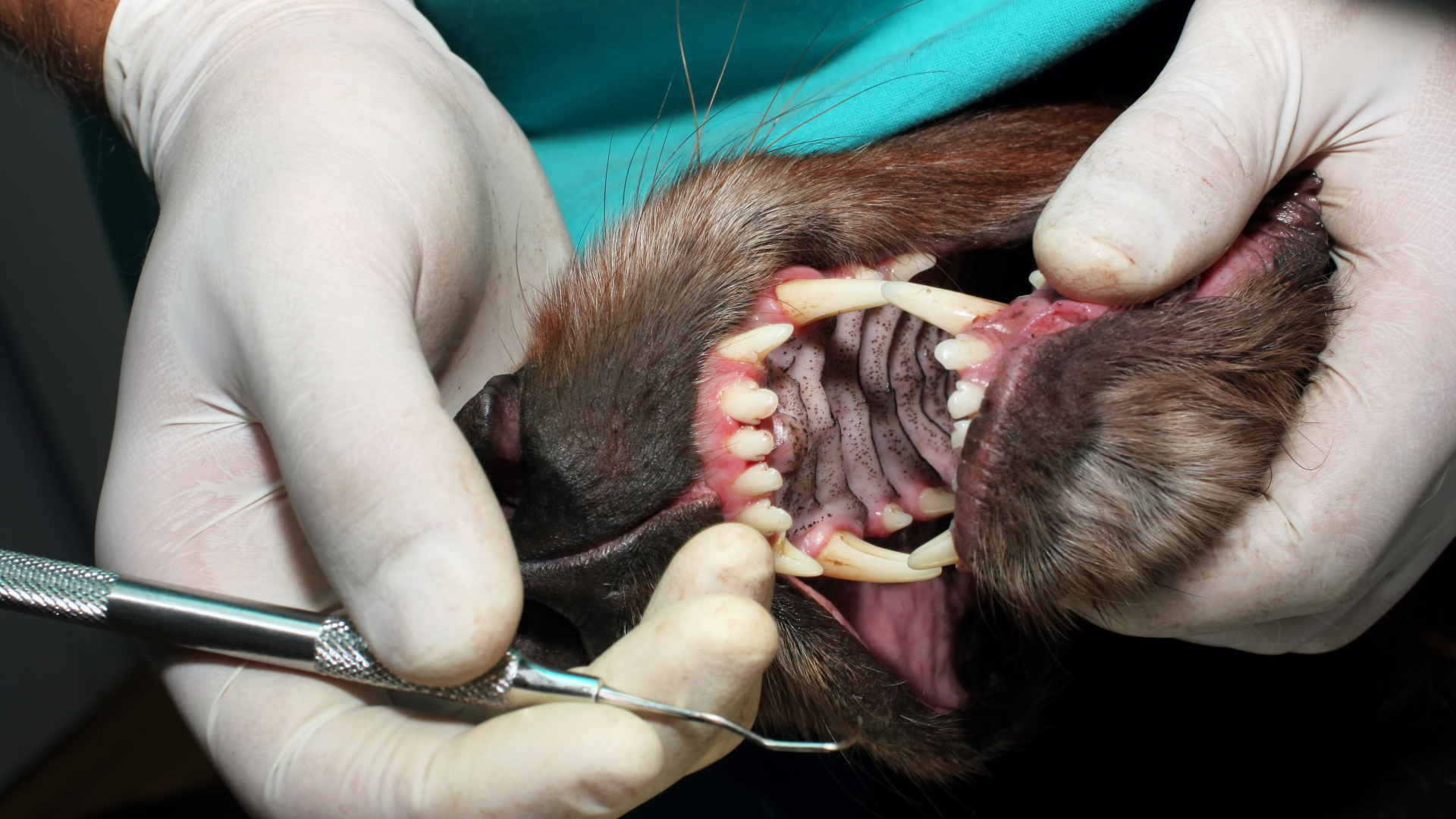
Regular brushing
Regular brushing prevents plaque and tartar buildup. We recommend using a dog toothbrush and paste, as opposed to making homemade dog toothpaste.
Dental chews and treats
Dental chews help clean teeth and freshen breath. Choose products safe and suitable for your dog’s size, breed, and age.
Dental diets
Some dog foods are designed to reduce plaque and tartar. Your vet can advise on the best options for your pet.
Water and food additives
Certain additives can help reduce plaque and freshen breath. Always confirm with your vet that these products are safe for your dog.
Virbac C.E.T. Enzymatic Poultry Flavor Dog & Cat Toothpaste
Ensure you use a dog-specific toothpaste, like this one. It comes in five palatable flavors, including beef, poultry, malt, seafood, and vanilla mint. Since it doesn't contain any foaming agents, it's safe for your pup to swallow.
Regular vet checkups and cleaning under anesthesia can prevent serious dental problems. Severe tooth decay, left untreated, can lead to infections, abscesses, and overall health issues.
When to seek emergency care for rotting dog teeth
In some situations, immediate vet attention is necessary. Contact your vet urgently if you notice:
- Severe infection: Symptoms like swelling around the mouth, pus or discharge, and fever may indicate an abscess or severe infection.
- Pain and difficulty eating: If your dog refuses to eat, drools excessively, or shows signs of distress, urgent dental care may be needed.
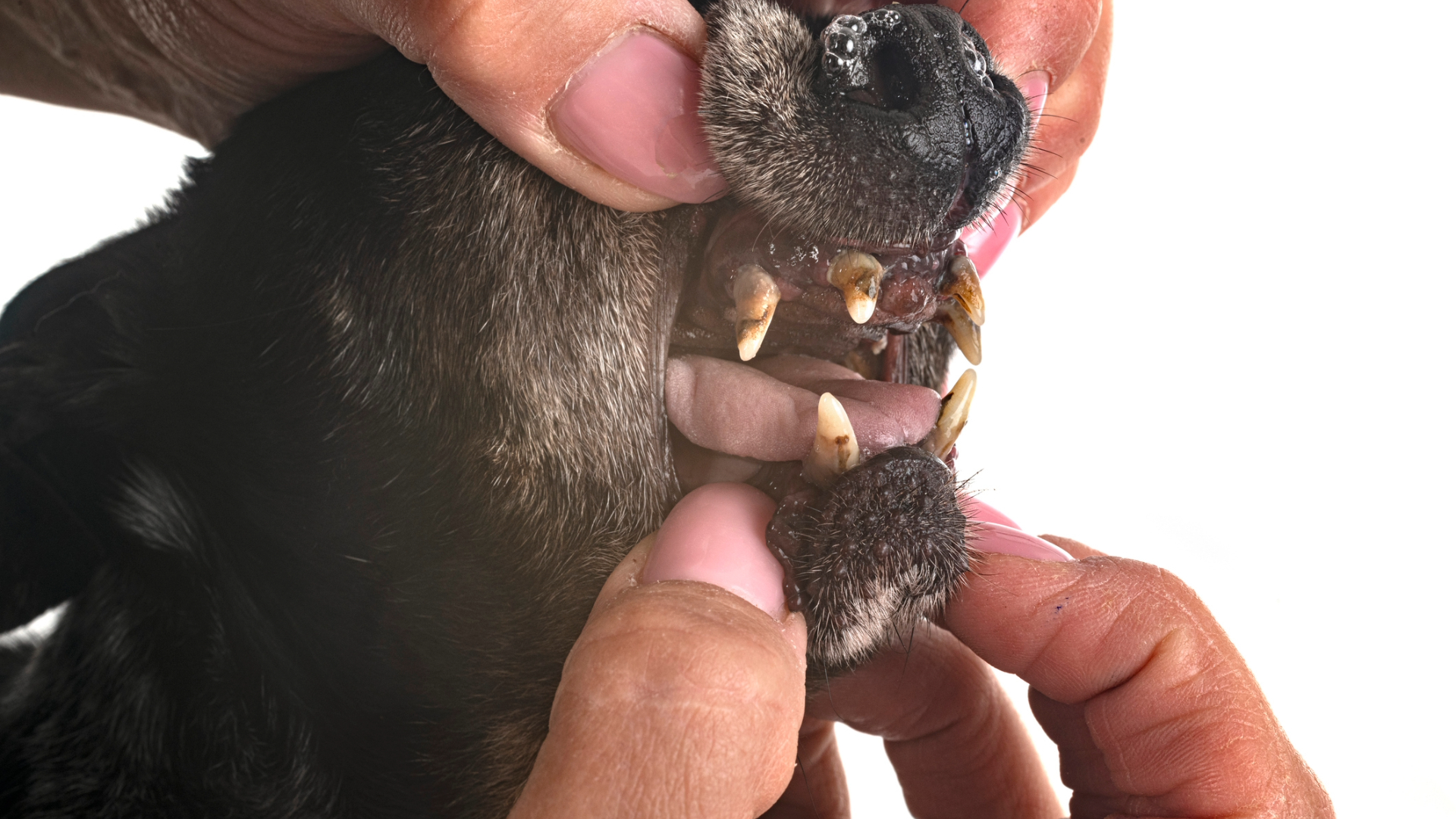
Is it normal for senior dogs to have rotten teeth?
It is not normal for older dogs to have rotten teeth, although unfortunately, it is common. As dogs age, due to general wear and tear on their teeth, they are more likely to experience dental problems such as gum disease, plaque buildup, and tooth decay. This is especially true if they haven't been receiving regular dental care.
This doesn't mean rotten teeth are an inevitable part of aging, just that we need to monitor them closely. Rotten teeth can cause significant pain and lead to other health issues, so it’s important to keep a close eye on our elderly friends.
You might also find helpful: How to brush a dog's teeth and Can you use regular toothpaste on dogs?
Emma Chandley is a vet with 14 years of experience and has a keen interest in surgery. After graduating from the Royal Vet College in London in 2011, she achieved a postgraduate certificate in small animal surgery from the British Small Animal Veterinary Association and Nottingham Trent University. She was then awarded advanced practitioner status in the same discipline by The Royal College of Veterinary Surgeons. She has a black Labrador and two pygmy goats at home.
